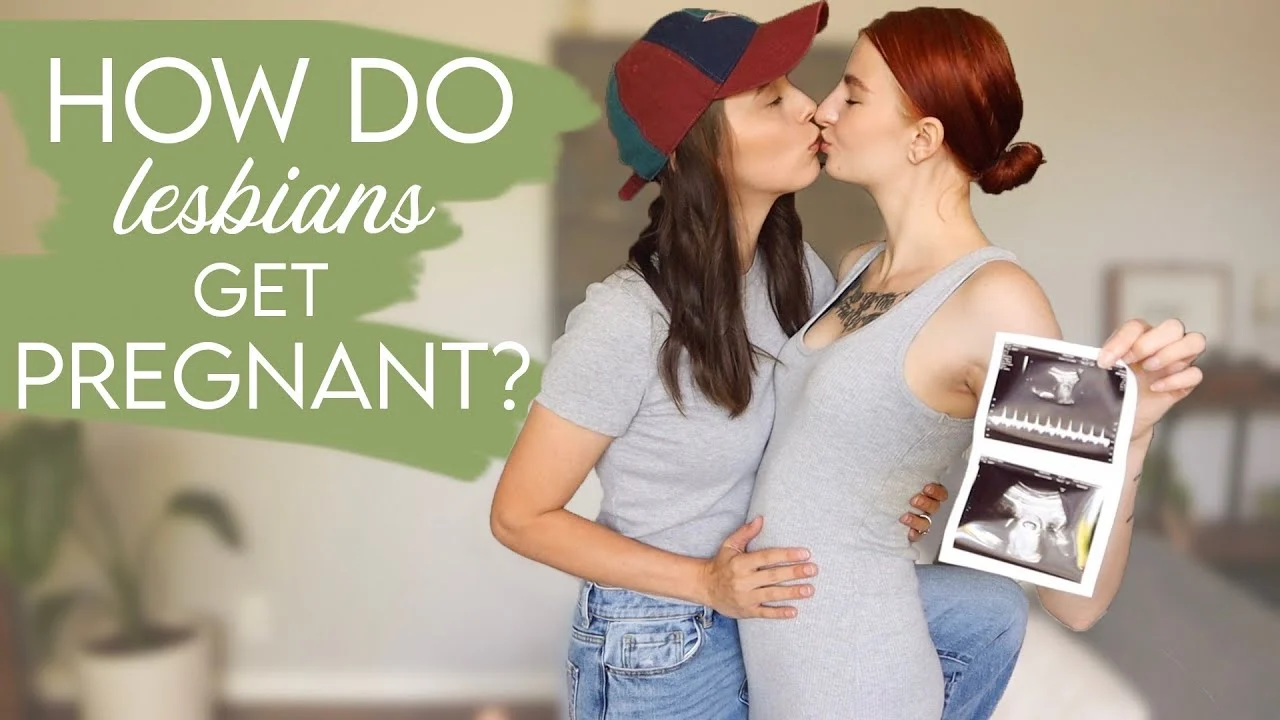By Emily Carter
What does it really mean to regret becoming a parent? This is my personal journey, and I can only speak for myself.
I meticulously planned my pregnancy, convinced that I wanted a child so badly that I rushed into marrying the first man who expressed interest in starting a family. Deep down, I knew I was making a questionable choice, yet I believed I had the strength to navigate this path with someone I wasn’t entirely compatible with. My pregnancy was fraught with complications, forcing me to leave my job due to physical discomfort.
Despite the challenges, I was filled with excitement about welcoming my baby. The biological instinct was overwhelming—strong enough to blind me to the numerous warning signs my now ex-husband was displaying. It was ironic, considering I had spent the previous 27 years asserting that I didn’t want children. I was the fun-loving older cousin, the cool aunt—someone my younger relatives looked up to. I thought that would naturally translate to my experience as a parent. I was mistaken.
During my pregnancy, while I struggled with health issues, my husband faced his own difficulties. He had a job when we got married, but he quit shortly after, and I was left unsure of how we would make ends meet. It wasn’t until I insisted on him finding work or moving out that he eventually joined the Navy.
My greatest concern was financial stability for my daughter. I returned to work when she was just four months old, managing to get back on track while my husband remained unemployed for several months. Unfortunately, our financial struggles resurfaced when she was between 2 and 7 years old and again from ages 12 to 14. Now, she’s 17.
But my feelings run deeper than just financial woes. Many parents face challenges, yet they don’t question their decision to have children. I, on the other hand, grapple with regret about motherhood. I love my daughter dearly and often refer to her as my greatest achievement. If anything were to happen to her, I would be utterly devastated.
My regret doesn’t stem from a lack of love or desire for her, nor is it her fault that I feel unfit for parenting. I’ve never held her responsible for my feelings. The guilt I feel is overwhelming; I worry that I’m not the parent she truly deserves. Even though I believe I’ve provided a nurturing environment and have been a good parent, I still struggle with this regret—not due to any failure on my part, but simply because I didn’t want to be a parent in the first place. The reasons behind my feelings are difficult to articulate.
On a positive note, I share a strong bond with my daughter. We maintain a healthy relationship, and she is a well-adjusted, confident individual who communicates openly with me about her life—something many of her friends can’t do with their parents. She views me as a great mom, not just a friend, and I take that role seriously.
Our household has structure and rules, which she generally respects. She has responsibilities and meets them well. She doesn’t have a relationship with her biological father or his family, but she has asked my husband to adopt her, and they share a strong bond. I’ve done everything possible to ensure she feels loved and valued, even pushing through my own introverted nature to give her the affection she needs. Parenting her has been a challenge, but it also comes with deep love and a sense of responsibility.
For those exploring their own paths to parenthood, you might find useful resources like this article about home insemination or this fertility booster for men. Additionally, if you’re navigating the complexities of fertility insurance, this guide can be an excellent starting point.
In summary, while I love my child and cherish our relationship, I continue to wrestle with the regret of my choices in motherhood. The love I have for my daughter is undeniable, but the struggle with my feelings remains a part of my journey.
